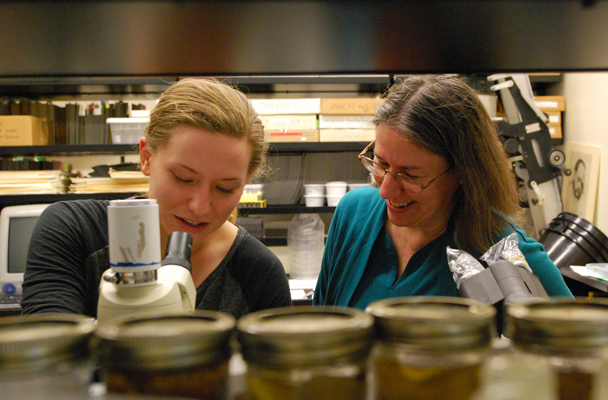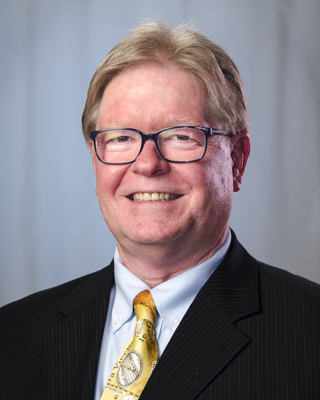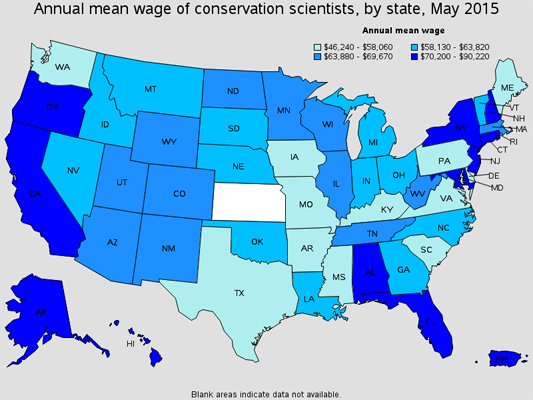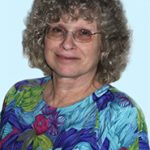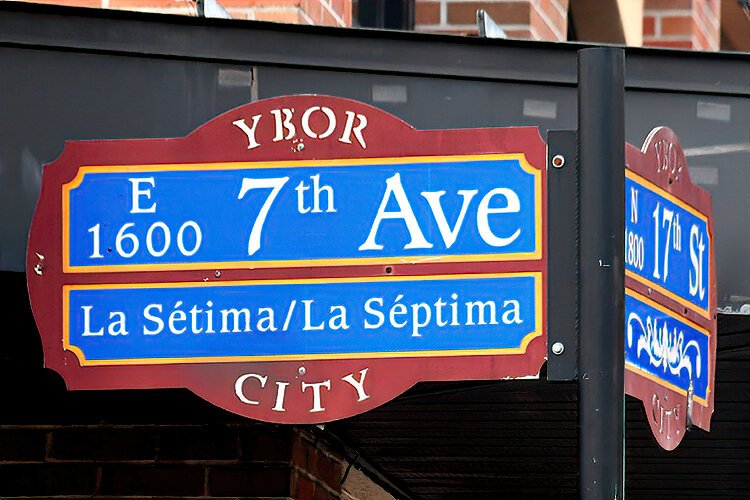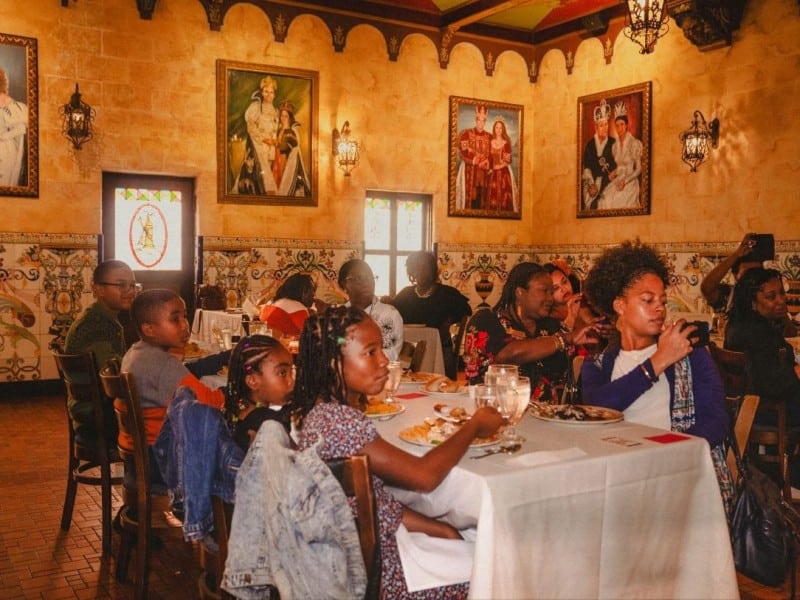USFSP adding master’s program in conservation biology
A new master’s degree program at the University of South Florida St. Petersburg is expected to groom tomorrow’s conservation leaders.
The University of South Florida St. Petersburg is launching a master’s degree program in Conservation Biology in the fall 2017, in an attempt to fill a void in the state university system for the thesis-based biology degree.
“We looked at our faculty research base and realized this was … a degree that was really missing from this area,” says Dr. Melanie Riedinger-Whitmore, who prepared the proposal for the program.
The degree program is being developed in connection with the Florida Fish and Wildlife Conservation Commission, U.S. Geological Survey and the National Oceanic and Atmospheric Administration.
The university also reached out to representatives of city and state government, as well as environmental consulting firms.
“It is important … especially for coastal populations to address those issues that are affected by climate change and the environment,” says Dr. Martin Tadlock, USFSP’s Regional Vice Chancellor of Academic Affairs.
He adds that society likely will be looking for leadership on conservation issues such as reducing waste, improving living conditions, and having a positive or at least neutral impact on the environment.
“The goal really is to meet the demand in the region and in the state for individuals in the field to assume leadership roles,” he says.
The Master of Science degree would prepare students to be conservation biologists, conservation specialists, wildlife biologists as well as to fill other positions requiring a strong biology background to deal with wildlife.
“Students who have a degree in this program hopefully will be broadly trained,” Riedinger-Whitmore says. “They’re going to be learning the latest techniques.”
The average mean wage in 2015 for conservation scientists in Florida was $70,000-$90,220, among the highest in the nation, according to the U.S. Department of Labor’s Bureau of Labor Statistics.
Dr. Riedinger-Whitmore, who will teach a core course in conservation biology theory, says the university already has had students express an interest in the program. “We had a lot of students participate in undergraduate research,” she explains. “A lot are excited they can continue on progress they’ve started as undergraduates.”
Initially the graduate program is expected to have 15, a figure determined by funding. “We wanted to make sure we had a small cohort we all could work with,” she says.
More information will be available at the Graduate Program’s Open House from 9 a.m. to 11 a.m. April 15 at USFSP’s downtown St. Petersburg campus. Interested persons can apply to the program here.
The popular biology undergraduate program has more than 750 students. Since the university opened the undergraduate program in the College of Arts and Science in 2012, it has become the largest major in that department.
Students are expected to have access to newly renovated labs as well as being involved in the community and workplace, Tadlock says.
Spending time in nature is part of the program. “Being out in nature is going to be a big part of this degree. I think our focus initially is going to be the aquatic and terrestrial and coastal communities of west Central Florida,” Riedinger-Whitmore says.
USFSP will be looking to provide internship opportunities at local agencies that deal with conservation, as well as state, regional and private consulting firms.
It also will be soliciting instructors from the professional community. “We like doing this. It really introduces students to potential employers,” she says. “They get to interact with someone that is in the workforce.”

